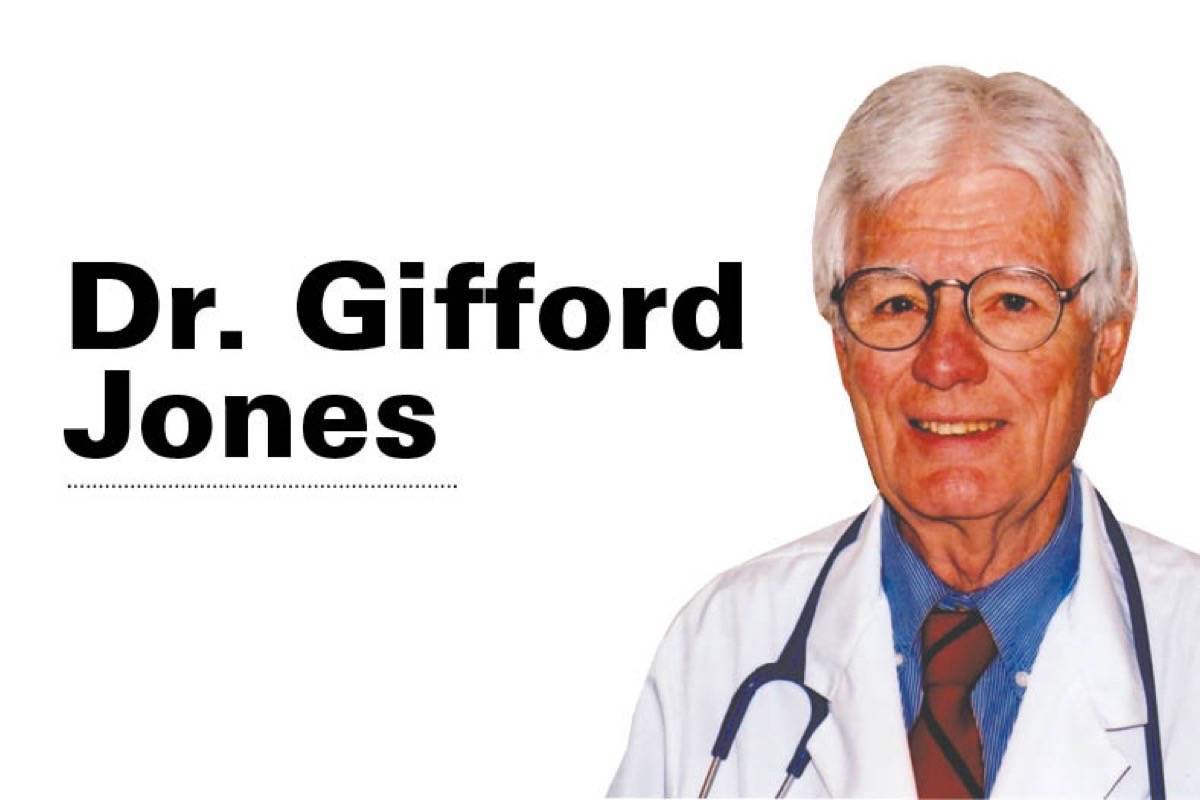Hmm, should I order flowers, maybe consider a romantic candlelight dinner, or a box of chocolates?
This year, chocolate wins after reading an article from the highly respected Nutrition department at Tuft’s University. So, what’s good and what’s questionable about chocolate on Valentine’s day?
I believe readers will agree that we need a lot more love in this troubled world.
The Aztec Indians thought so too. They considered chocolate an aphrodisiac. The story goes that Montezuma consumed a huge chocolate drink before visiting his harem.
Alas, this is more fiction than science.
A chemical called phenylethylamine is present in chocolate and does play a small part in emotional arousal. But studies show that eating chocolate does not increase the level of this chemical in the brain.
This is not good news if you’ve spent your last dollar on chocolates, hoping for a tender embrace. But do not despair. All is not lost. Cocoa beans contain dozens of different phytochemicals, plant compounds, that help to promote health.
Dr. Alice E Lichtenstein, a senior scientist studying aging at Tuft’s University, says there are flavonoids that possess anti-inflammatory and antioxidant effects in chocolate.
So it’s important for potential lovers to keep this vital point in mind when purchasing chocolate. The closer the chocolate is to the cocoa bean, the more of these benefits are present.
Dr. Diane L McKay, assistant professor at the Friedman School of Nutrition, adds that dark chocolate contains the most phyotochemicals and has less added sugar and fat.
There’s more good news.
A 2017 study in the medical journal Nutrients showed that chocolate consumption was associated with a favourable impact on blood pressure, cholesterol and triglyceride blood levels, and possibly insulin sensitivity. But don’t get carried away and reach for gobs of chocolate.
Researchers also reported there was no increased benefit by consuming more than three ounces of chocolate a week.
What do Spanish scientists say about chocolate?
Another 2017 study in Spain revealed that older adults who consumed even less than half an ounce of any kind of chocolate daily had better cognitive function than non-chocolate eaters. But the researchers admitted that lifestyle, dietary, and genetic factors, could also have played a role in the result.
However, chocolate may have a beneficial effect on the brain.
A 2016 study published in the Journal Appetite looked at the consumption of chocolate in nearly 1,000 people age 23 to 98 years. They reported the more consumption of chocolate the better the performance on cognitive tests.
No mention was made that this study was sponsored by the chocolate industry.
But I would strongly caution that readers should not take this finding as an excuse to go on a chocolate binge.
In researching this column I found that studies about chocolate are not as simple as you would like them to be. For instance, the absorption of flavenoids may vary from person to person depending on what bacteria are present in the bowel.
I also did not enjoy discovering that there are concerns about heavy metal contamination in cocoa powder.
For instance, a consumer laboratory found that all of the 43 powders tested contained more than the upper recommended limit of cadmium, which has the potential to damage kidneys and weaken bones if consumed over a long period of time.
Another precaution. If your sweetie suffers from migraine attack, forget chocolates. Buy her flowers. Some research suggests that natural chemicals in cocoa can increase the frequency of migraine attacks. Other research disagrees.
I’d agree with Dr. Lichtenstein that, “If you enjoy chocolate, eat what you like. But be sure to do so in moderation and don’t do it for health benefits.”
It’s also well to remember that you cannot compare the antioxidants in chocolate with those in fruits and vegetables that also contain fiber and vitamins.
I hope I’ve not been a kill-joy on Valentine’s day, putting a damper on a little amour.
After all, remember, a healthy lifestyle does not mean you must be good all of the time. Just make sure that being a little bad never becomes a habit.
See the new web site at www.docgiff.com. For comments, email info@docgiff.com.



